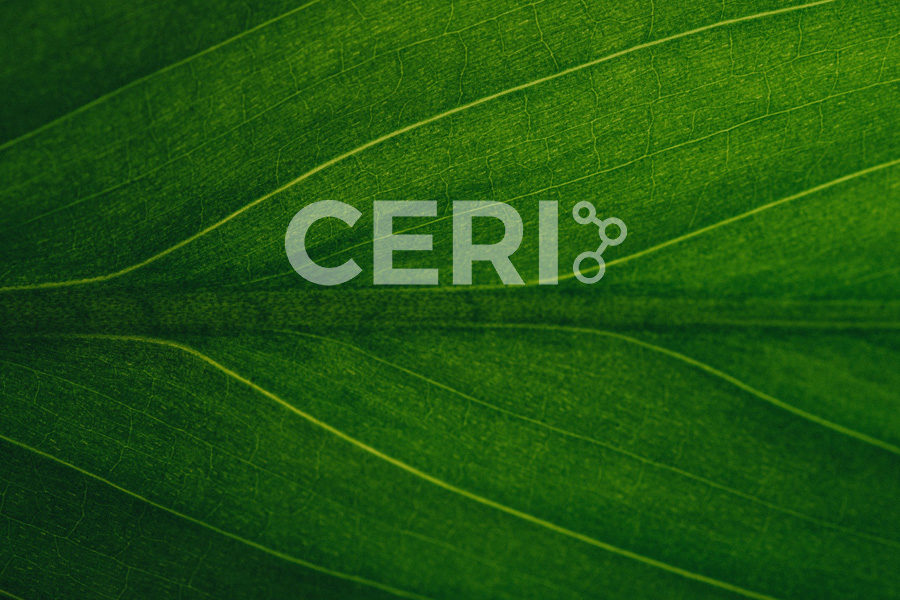The power of working together: Research centres join forces in major new platform for prevention

DATE
TYPE Prevention Centre News
The Collaboration for Enhanced Research Impact (CERI), the first initiative of its kind in Australia, will develop a more united voice to advocate for prevention and leverage hundreds of policy, practice and community collaborations across its member organisations.
Prevention Centre Co-Director Professor Lucie Rychetnik said working together will help to identify the common themes from across the Centres’ programs of work and boost the potential for research impact.
“Government is often lobbied by different groups, and it would be much easier for our policy partners if research groups can come with an agreed position and recommendations,” Professor Rychetnik said.
“Policy makers are interested in what all of our research means, as a whole. We all share the same mission. By collaborating more closely through CERI, we can offer a more united voice on the policy implications of our work and provide clear messages on what we know needs to be done to prevent chronic disease.”
Policy makers are interested in what all of our research means, as a whole. By collaborating more closely through CERI, we can offer a more united voice on the policy implications of our work.
Professor Lucie Rychetnik
CERI brings together the Prevention Centre with the:
- Health in Preconception and Pregnancy (HiPP) collaborative, led by Professor Helen Skouteris at Monash University
- Early Prevention of Obesity in Childhood (EPOCH) CRE, led by Professor Louise Baur of the University of Sydney
- National Centre of Implementation Science (NCOIS), led by Associate Professor Luke Wolfenden of Newcastle University
- Food Retail Environments for Health (RE-FRESH) collaboration, led by Professor Anna Peeters of Deakin University.
Together, CERI researchers offer expertise in clinical, health services and public health and chronic disease research, implementation science and research translation, evaluation, health economics and health systems research. Their research focus spans pre-conception through the life course, covering a range of settings from early childhood clinics to schools, workplaces and retail environments.
The vision for CERI was born when four investigators working on different Prevention Centre projects received CRE funding within a few years of each other, and identified an opportunity to bring the CREs together.
Professor Helen Skouteris, the lead Chief Investigator and Director of the HiPP CRE, said each CRE was undertaking important work, but their research teams were siloed and many obvious opportunities for joining forces were potentially being missed.
“We needed to work in a more collective way, which we know is fundamental to a systems approach. By combining our CREs, we could move beyond a particular area of benefit and significance, combine our collective knowledge and push it to a level that cannot be realised through our individual CREs,” Professor Skouteris said.
Drawing on the Prevention Centre’s networks, capacity building and coordination functions it was agreed that the Centre would contribute resources and capacity to mobilise the collaboration.
CERI will mine the depth of knowledge held in each CRE and Prevention Centre projects to develop a series of evidence-informed position statements and narratives around different aspects of chronic disease prevention.
It will also synthesise what each entity has learned about knowledge mobilisation to create a ‘how-to’ guide for translating complex science into policy and practice.
Another important part of CERI’s activities will be to provide expanded opportunities for professional development and capacity building for early- to mid-career researchers, with the aim of fostering partnerships and networks that will last into the future.
About CERI
The Collaboration for Enhanced Research Impact (CERI) is a joint initiative between the Prevention Centre and seven NHMRC Centres of Research Excellence, established in June 2020 to enhance the profile and impact of chronic disease prevention in Australia. We are working together to find alignment in the policy and practice implications of our work and to develop shared communications across our various projects and participating centres.




